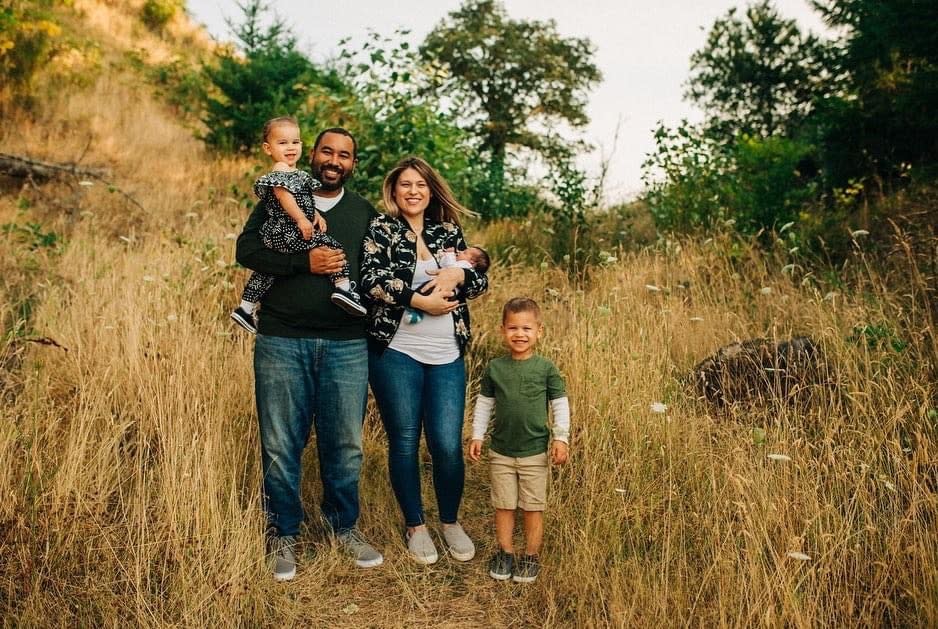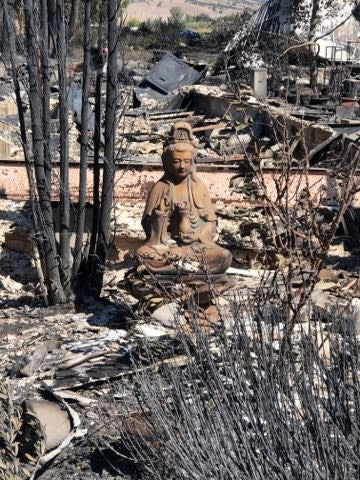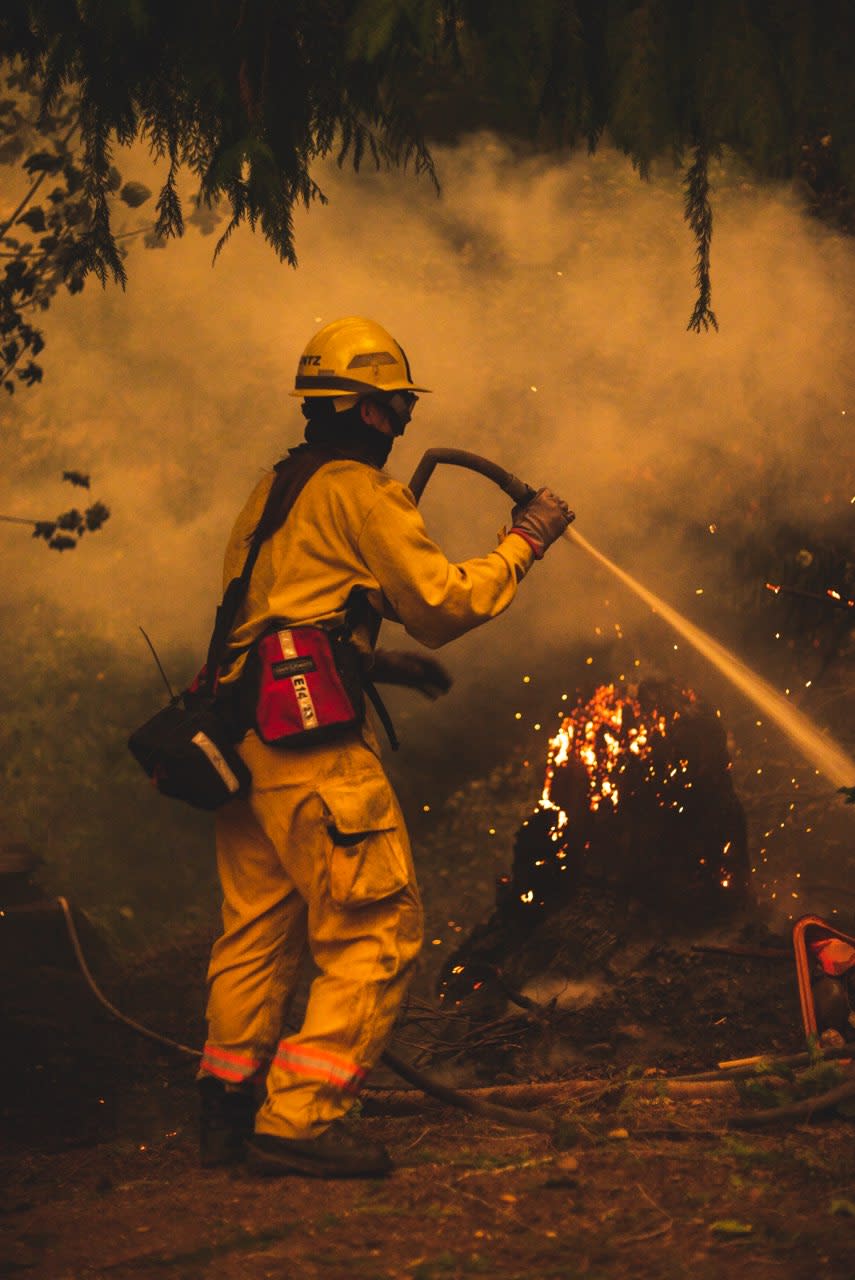Oregon Fires: What People Took and What They Left Behind
Dorian and Taylor Gibson were halfway through dinner at a restaurant in Estacada, Oregon, on September 8 when their server approached the table and told them they were closing immediately due to wildfires. The Gibsons rushed home with their three children, decided to evacuate, and began the process of quickly grabbing things to take with them—a thankless exercise when you're stressed and under a time crunch. “I didn’t pack very well,” Taylor said. “We were just in a hurry to get out.”
Once they arrived safely at a relative’s house, they started ticking off a mental list of everything they’d left behind—things that might not be considered survival essentials but are irreplaceable in the fabric of family life: a blanket that Dorian had given Taylor when they first started dating, for example, and their Christmas-decoration box, which held ornaments that marked several firsts for the couple, including tree decorations they used the Christmas they first became parents.

Gibson Family
Over the past week, Oregon has seen wildfires of unprecedented size and speed tear through the state, burning nearly a million acres. Over 10% of the state’s population—more than 500,000 people—have been told to evacuate or to prepare to do so. Tens of thousands have been displaced from their homes, living with family, staying in motels, or sleeping in their cars. Many have been forced to choose which belongings to save with only minutes to spare as fire races toward their homes. These families have had to answer the question we’ve all asked ourselves at some point: What would you take with you?
Some didn’t even have the chance to ask that question. George Jacoby, a real estate agent in Talent, Oregon, barely had time to grab his dog and make one trip to his car before he saw flames crest the hill next to his home. By the time he got out of his driveway, the first row of homes in his development was already on fire. Eventually, nearly every one would be destroyed, including the one he shares with his wife, Kat, leaving them with only memories of what they couldn’t save: George’s tools, irreplaceable artwork, their music collection, sports memorabilia, rare books that George collected, Kat’s jewelry, and all their clothes.

Jacoby Residence
Leah Cates, who lives a few miles north of the Jacobys, got a call from her brother warning her of an encroaching wildfire. This gave Leah, a nurse and single mother, time to prepare her two teenage kids, put her cat in the travel carrier, and pack up her work computer. An hour later, the sheriff drove through her apartment complex with a loudspeaker, warning everyone to leave immediately. By then, Leah and her kids were already at her father's house, 20 miles away.
“If I didn't have that hour to figure out what we were taking, we probably would have not been able to take anything,” says Cates. The next day when they unpacked, Leah discovered that her 15-year-old daughter, Zoe, had remembered to pack family heirlooms: photo albums and jewelry from Cates's great-grandmother.

Leah Cates Family
Some families prepared to evacuate ahead of time. Oregon firefighter Jessie Hintz had packed the family’s essentials before leaving her husband, Jeff, and their two young daughters to work a 36-hour shift fighting nearby fires. “We decided what we would bring, and I packed all of it the night before I went to work,” Hintz says. After noticing how bad traffic was the next day, Jeff decided to leave before getting evacuation orders. It wasn’t until he had packed up their daughters and left that he realized he and his wife had forgotten to take the family's important papers. Luckily, they were stored in a fireproof box designed to withstand a burning house.
The Hintzes both agreed that the thought of losing their house didn’t overly concern them—Jeff says that knowing his wife was fighting one of the largest blazes in the history of Oregon wildfires meant their home was the least of his worries. “I would have traded the house burning down just for her to come home,” he says.

Jessie Hintz.jpg
After hours of uncertainty and conflicting information, Cates heard that her apartment complex had been spared. For Cates, who has two close friends who lost their homes in the fire, this news brought mixed feelings of gratitude and guilt. “I would trade my apartment in a heartbeat [for their homes],” she said. For now, Cates and her kids are staying in a motel, waiting to return home, trying to process all that’s happened in the past week. “I'm so incredibly grateful for making it out and having a roof over my head right now, and also having a home to go back to. And then at the same time, I’m grieving for my community.”
Emma Pattee is an award-winning writer whose work has appeared in numerous publications, including the New York Times, The Cut, and Elle.
Originally Appeared on Glamour

